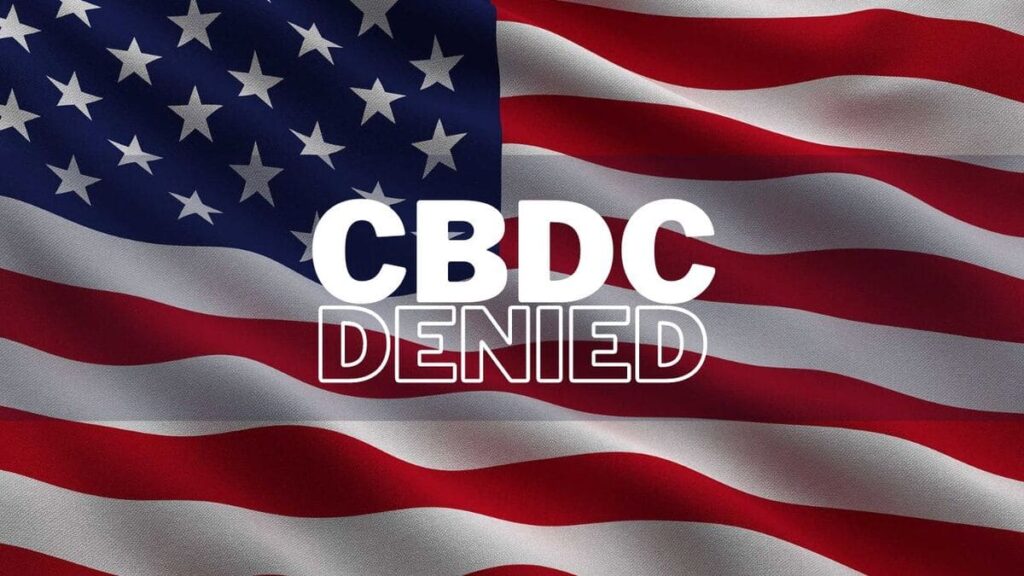TL;DR
- The U.S. House of Representatives passed two important bills regarding cryptocurrencies and financial privacy.
- The CBDC Anti-Surveillance State Act prevents the Federal Reserve from issuing a CBDC without Congressional approval.
- The community reacted positively, but concerns persist about the future of stablecoins and legal conflicts, such as the Ripple case.
The U.S. House of Representatives has approved two significant bills related to the issuance of digital currencies by the Federal Reserve and the protection of financial privacy.
The first of these bills, known as the CBDC Anti-Surveillance State Act, was passed with a vote of 216-192. This legislation prevents the Federal Reserve from issuing a central bank digital currency (CBDC) without explicit authorization from Congress. The approval of this bill reflects concerns, primarily among Republicans, about potential government abuse regarding tracking citizens’ financial transactions and restricting politically unpopular activities.
BOOM
House passes bill banning the Federal Reserve from establishing a Central Bank Digital Currency (CBDC)
CBDC is one of the greatest threats to our freedom b/c the gov’t could track every dollar you spend and even “turn off” your money pic.twitter.com/zY2aXdlwPT
— DC_Draino (@DC_Draino) May 23, 2024
The second approved bill, the CBDC Anti-Surveillance Act, aims to amend the Federal Reserve Act to prevent CBDCs from being used for monetary policy or direct consumer services.
Last night, the House passed a bill that bans the Federal Reserve from creating a CBDC.
That's a huge accomplishment and step forward.
They can adopt a stablecoin on a public network instead. #Crypto to accelerate from here. pic.twitter.com/eMOQr1qqAX
— Michaël van de Poppe (@CryptoMichNL) May 24, 2024
This legislation seeks to ensure that the development of digital currencies upholds American principles of privacy and individual autonomy. The bill received bipartisan support, with 165 Republican cosponsors.

The Crypto Community Celebrates and Looks to the Future
The crypto community has reacted positively to the approval of these bills. This is a significant step forward in protecting financial privacy and recognizing the importance of preserving individual freedoms in the digital age. Furthermore, it is seen as recognition of the increasingly relevant role that the crypto industry plays in the U.S. economy and society.
WHOA! 😳🤯
AMAZING NEWS! 🚨🚨🚨
The House just passed a bill BANNING the Federal Reserve from creating a Central Bank Digital Currency (CBDC)!
The bill passed 216-192, a WIDE margin and pretty much across party lines.
I must admit that I was NOT expecting this outcome.
The… pic.twitter.com/9teF1hTZih
— The Patriot Voice (@TPV_John) May 23, 2024
However, concerns have also arisen regarding the stability and future of stablecoins, especially after the recent legal conflicts involving Ripple (XRP) and its upcoming stablecoin. Although the approval of these bills represents a necessary step for the crypto industry as a whole, it remains to be seen how they will be developed and implemented in practice.
The United States has moved in the right direction. However, there is still much ground to cover if the nation aims to position itself as a standard-bearer of financial freedom. There are still many conflicts to resolve.










